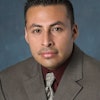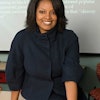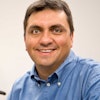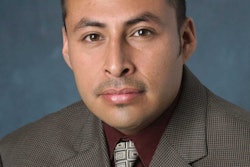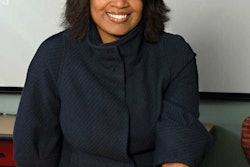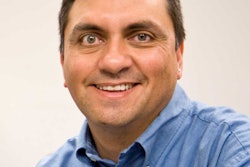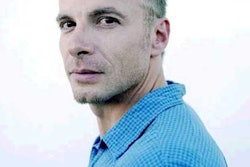Best piece of advice you were given? “Find a mentor. I have professional mentors and I have personal mentors. A mentor can help shape and guide your career.”
Dr. Said Sewell’s introduction to politics, a stint as a 16-year old volunteer on Rev. Jesse Jackson’s 1988 presidential campaign, proved indelible. Seeing political advisers and policymakers take on issues affecting young people made him realize the importance of Black political involvement.
Today, a political scientist at Fort Valley State University, Sewell teaches courses on American government and urban politics. His research on religion and politics, public administration and African-American studies has formed the core of his work in political science.
But he’s better known for the work he’s done as an administrator in helping Black men achieve success. He is founder and director of the Center for African American Males: Research, Success and Leadership, a nonprofit organization that supports and challenges Black men at postsecondary institutions through lecture series, tutoring and leadership development activities. Formerly housed at the University of West Georgia, where Sewell spent nine years as a tenured professor of political science and public administration, the center has received about $100,000 in public and private grants and donations.
The Houston native says he didn’t transition away from political science to help Black men. Described by colleagues as more of a “practical scholar” rather than a theorist, Sewell says that the public policies he studies have a direct impact on the success of Black men and that the educational outcomes of Black men influences those policies. He seeks to reshape not only the conversation about Black men, but also the public policies that disproportionately affect them, such as criminal justice policies.
“Political science is a lot broader than what most people think,” Sewell says. “It is the study of how resources are allocated. If we are going to be better political scientists, we have to make our community stronger. We just can’t look at the presidency and Congress, but also how to improve the lives of Black people. We have to address the issues of people because they are the ones to model good behavior after to rebuild community.”
Improving Black males’ higher educational attainment is an imperative, and much of Sewell’s work in this area takes place outside of his political science classroom. Sewell works with students outside the classroom as executive director at Fort Valley State’s Academic Success Center, which offers students various programs on time management, how to study and take tests and tutoring. Laying a basic foundation for students goes a long way toward their overall success.
